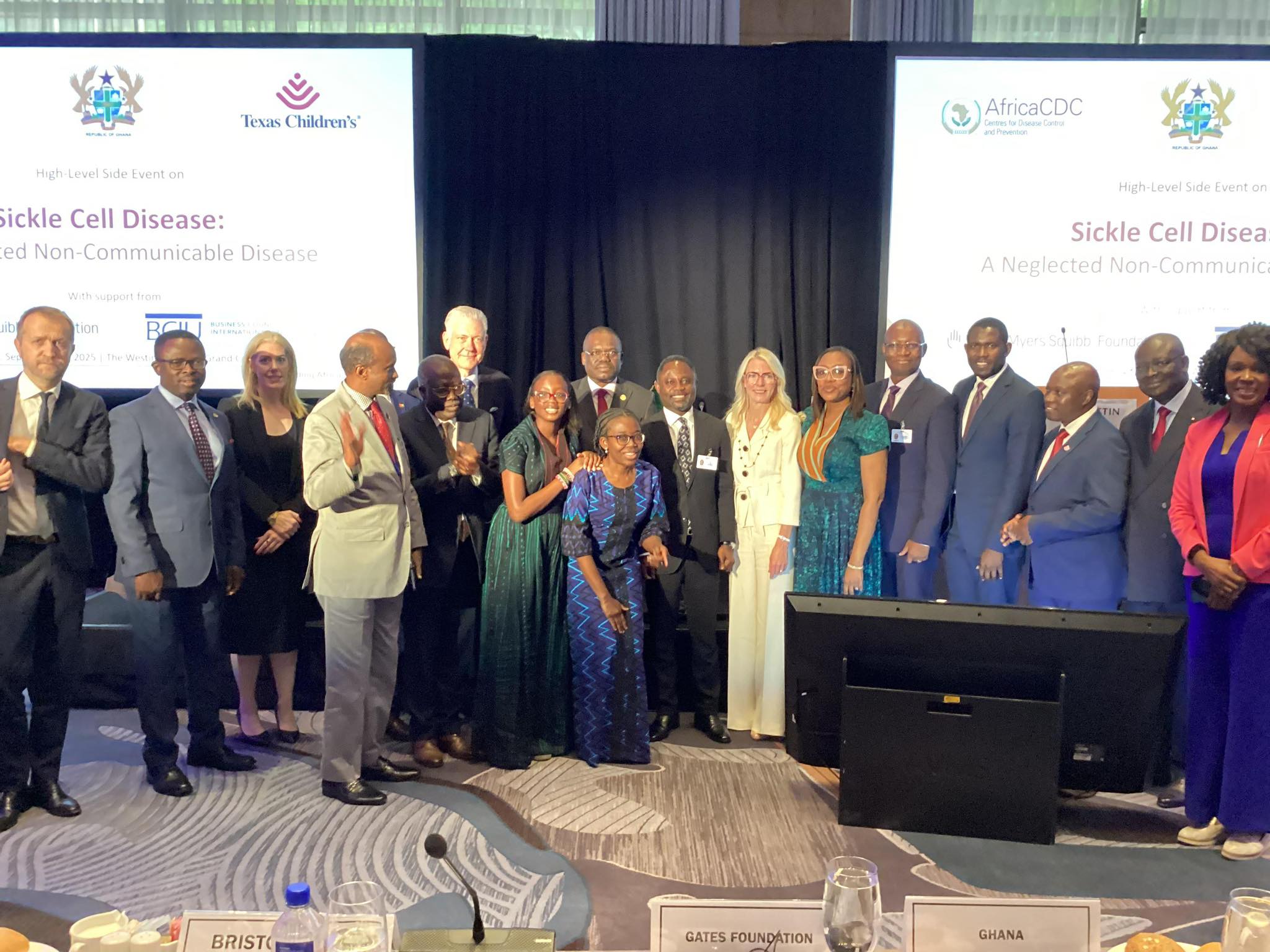Kenya Moves to Make Sickle Cell Screening Mandatory in Maternal and Child Health
In a bold stride towards safeguarding the health of future generations, Kenya has unveiled plans to integrate mandatory sickle cell disease (SCD) screening into routine maternal and child health visits.
The announcement was delivered in New York during the 80th United Nations General Assembly by Principal Secretary for Medical Services, Dr. Ouma Oluga, who represented President Dr. William Ruto at a high-level event on sickle cell disease convened by Africa CDC.

Why This Matters
Sickle cell disease remains one of the most neglected health challenges on the continent. Millions of Africans endure its devastating effects, with many succumbing to painful and preventable deaths. In Kenya alone, an estimated 14,000 children are born with sickle cell disease every year, and tragically, up to 90% do not live beyond their fifth birthday.
Building on Progress
Kenya has already laid critical groundwork:
- National Guidelines for the Prevention and Management of Sickle Cell Disease (2021)
- Policy Guidelines for Infant Screening (2023)
These frameworks have institutionalised early detection and lifesaving interventions that can drastically improve survival rates and quality of life.
Removing Financial Barriers
Dr. Oluga emphasized the government’s commitment to affordable care, highlighting the launch of three health financing mechanisms:
- Primary Healthcare Fund
- Social Health Insurance Fund
- Emergency, Chronic and Critical Illness Fund
Together, these funds are designed to ensure that families no longer bear the burden of heavy out-of-pocket costs for managing sickle cell disease.
A Continental Call to Action
The high-level meeting brought together ministers, policymakers, and global health leaders, all united in the fight against sickle cell disease. The conversation echoed a shared commitment: no child should be left behind due to a preventable condition.
Looking Ahead
Kenya’s move signals not only a national milestone but also a continental turning point in the fight against sickle cell disease. By prioritising screening, early detection, and affordable treatment, the country is reshaping the future for thousands of children and families.
This is more than policy — it’s a promise of life, dignity, and equity.








Leave a Reply